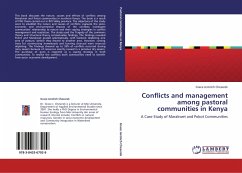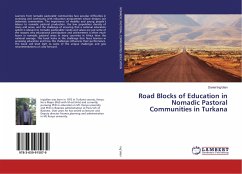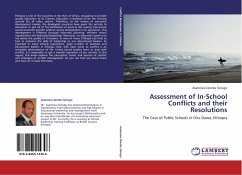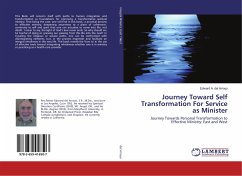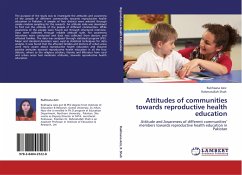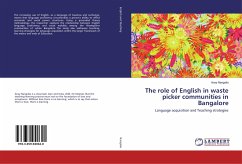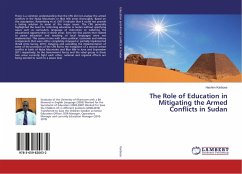This book discusses the nature, causes and effects of conflicts among Marakwet and Pokot communities in northern Kenya. The book is a result of PhD thesis carried out in Rift Valley province. The objectives of the study were to establish the nature and causes of conflicts; evaluate the socio-economic and environmental impacts of the conflicts; investigate communities' relationship to nature and their coping strategies in conflict management and resolution. The study used the Tragedy of the commons theory and Structural theory contextualise findings. The findings revealed Pokot and Marakwet grazed systematically, with livestock depleting one area of pasture, before they moved to another area. However, cutting trees for constructing homesteads and burning charcoal were resource depleting. The findings showed up to 59% of conflicts occurred during rainy season because of resources scarcity caused in a previous dry season. The purchase of guns is reported as a coping strategy in bothcommunities. To resolve the conflicts both communities need to benefit from socio- economic development.
Bitte wählen Sie Ihr Anliegen aus.
Rechnungen
Retourenschein anfordern
Bestellstatus
Storno

